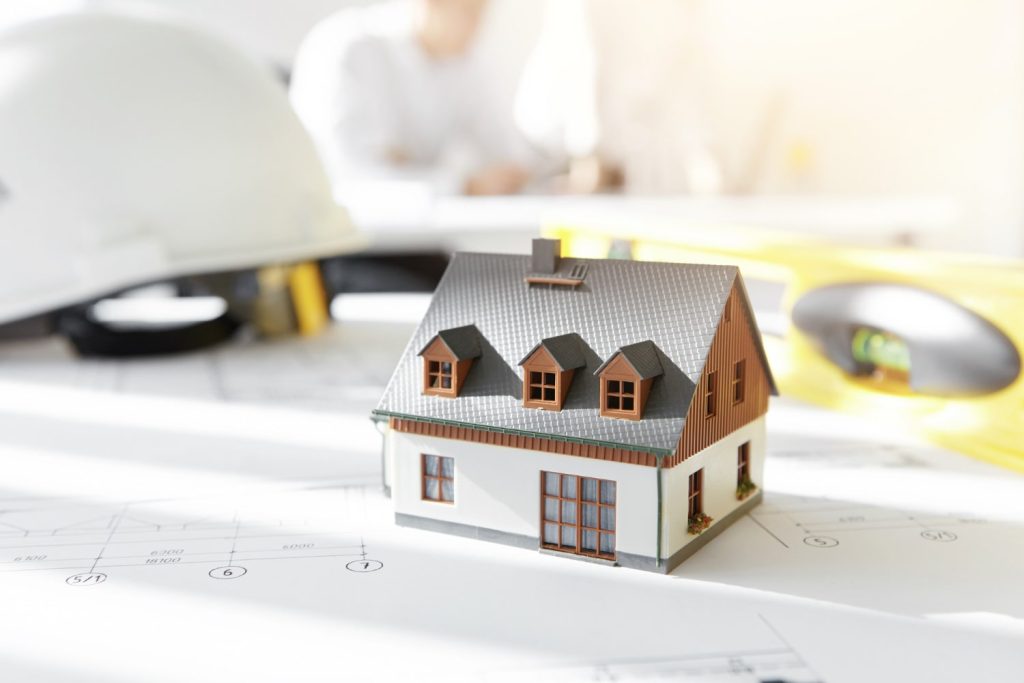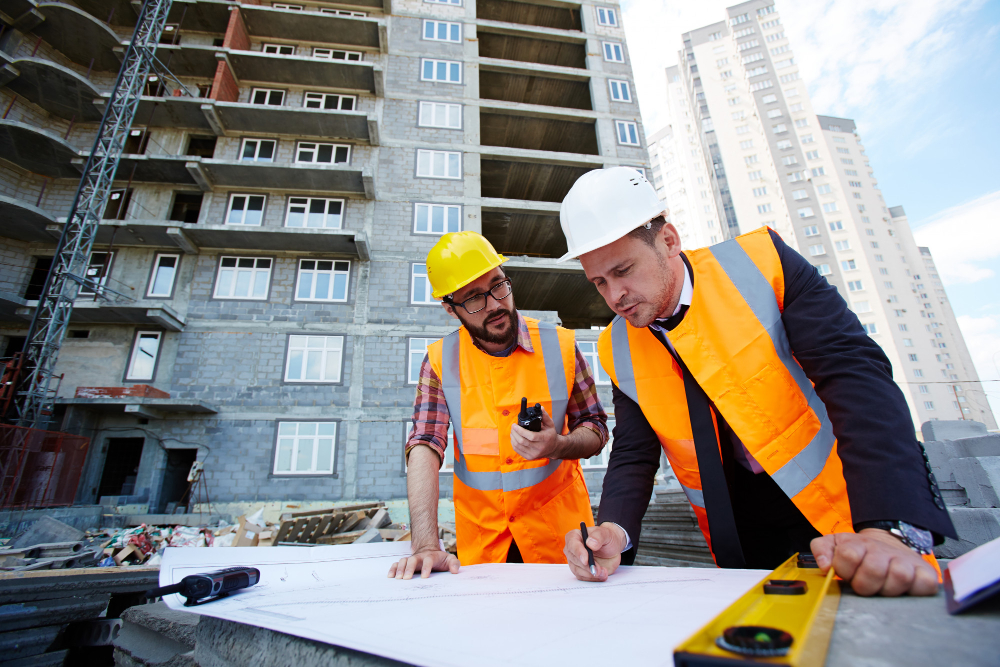If you want to build your dream home, then you must have to hire a professional and expert home contractor. But what exactly does a home contractor do? And what are the key responsibilities you should expect them to handle? From the initial conceptualization to the final touches, these professionals are the backbone of any construction or renovation project.
In this blog, we’ll discuss the fundamental duties of a home contractor, ensuring you have a clear understanding of their role in your project. Armed with this knowledge, you can make informed decisions and navigate the construction process with confidence.
Key Responsibilities of Home Contractor

Homeowners dreaming of a beautiful, functional, and safe living space often turn to home contractors to bring their vision to life. Following are the key roles and responsibilities of a home contractor, you must know before making a professional deal with any contractor.
Project Planning and Management
A home contractor’s responsibility includes planning, monitoring, and managing the entire project. The contractor has to collaborate with architects, engineers and clients simultaneously to supervise the project effectively. The contractor has to maintain effective communication lines with the client and should assist him in achieving goals and safe results.
Budgeting and Cost Estimation
A home contractor’s duties include budgeting and cost estimation and supervision during its implementation. Cost estimation is the process of estimating costs for materials, labour, permits, and any kind of unpredictable expenses. A serious commitment to quality, and safety and working in close cooperation with the client in setting up realistic budgets.
Hiring Subcontractors
Hiring individuals with specific specializations is highly beneficial for any kind of work. Therefore, home contractors often work with a team of subcontractors, each specializing in a specific aspect of construction. These subcontractors include plumbers, electricians, and carpenters etc and they all are hired for the proper execution of the construction process.
Compliance with Building Codes
Every country has its specific building codes for the construction industry. Compliance with the entire construction process according to local building codes and obtaining the necessary permits is a primary responsibility of contractors. They must stay updated on the latest regulations to ensure that the construction or renovation complies with safety standards and legal requirements.
Quality Control and Inspections
Quality Control Assurance is highly needed in the construction industry. There are different materials used in a construction project, and the subcontractor has to inspect the quality of all the materials used. Home contractors must conduct regular inspections to guarantee that all aspects of the project meet the prescribed standards. This includes checking the structural soundness and the precision of installations.
Client Communication and Satisfaction
Effective communication with clients is essential for a successful project. Home contractors should keep clients informed about progress, setbacks, and any changes to the original plan. As a contractor, you have to gain the trust of clients.
Time Management
Time is money in the construction industry. Home contractors must create realistic timelines and strive to keep the project on schedule. Delays can be costly and inconvenient for clients, making effective time management a fantastic skill.
Problem-Solving and Decision-Making
Construction projects are bound to encounter challenges. Home contractors need to be adept problem solvers, making informed decisions on the spot to keep the project moving forward smoothly. This requires a combination of experience, expertise, and adaptability.
Safety Assurance
The safety of construction workers is also the responsibility of the contractor. Many top-level contractor companies especially hire a safety engineer to ensure the safety concerns. Moreover, providing safety training to the construction team and ensuring the use of proper protective equipment is highly essential.
Post-Construction Follow-Up
Once the project is complete, home contractors are responsible for conducting a final walkthrough with the client to address any remaining concerns and ensure that all aspects of the project meet expectations. They may also provide guidance on maintenance and warranty information.

Read More:- Top 10 Real Estate Marketing Tips and Ideas
Read More:- Top 6 Risks of Investing in Real Estate
FAQ’s
Q. How do I choose the right home contractor for my project?
Ans. Selecting the right home contractor is the most significant step for the success of your project. Begin by researching local contractors, checking reviews, and asking for recommendations. Ensure they have the necessary licenses, insurance, and a portfolio of similar projects. Don’t hesitate to interview potential contractors to assess their communication style and commitment to your project’s success.
Q. What does the typical timeline for a construction or renovation project look like?
Ans. The timeline for a project can vary based on its scope and complexity. Factors such as the size of the project, weather conditions, and the availability of materials can impact the timeline. A reliable contractor will provide you with a realistic project schedule during the planning phase, keeping you informed of milestones and potential delays.
Q. How can I ensure my project stays within budget?
Ans. Staying within budget requires careful planning and ongoing communication. Work closely with your contractor during the budgeting phase to set realistic expectations. Regular updates from contractors will help you make informed decisions to keep the project on track financially.
Q. What permits and approvals are necessary for my project, and how will they be obtained?
Ans. Home contractors are responsible for obtaining the necessary permits and approvals for construction or renovation projects. They should be familiar with local building codes and regulations. During the initial planning stages, your contractor should outline the required permits, associated costs, and the process for obtaining them.
Q. How can I be involved in the decision-making process during the project?
Ans. Effective communication is key to a successful project. A good home contractor will involve you in key decisions, providing options and explanations for various choices. Regular project updates, meetings, and a clear communication plan will help you to take a
Q. What happens if there are unexpected issues or changes during the project?
Ans. Construction projects can encounter unforeseen challenges. A competent home contractor should have a contingency plan for handling unexpected issues. They should communicate any changes promptly, provide alternative solutions, and work collaboratively with you to make informed decisions. Transparency and flexibility are essential for successfully navigating unexpected twists in the construction journey.
Final Thoughts
Concluding the talk, Home contractors carry a lot of responsibilities. They manage multiple aspects of one’s home, like building or renovating. Their roles require a combination of technical expertise, communication skills, and problem-solving skills. Home contractors act as the “unsung heroes” behind the scenes by making houses the homes of our dreams built with bricks and mortars.

